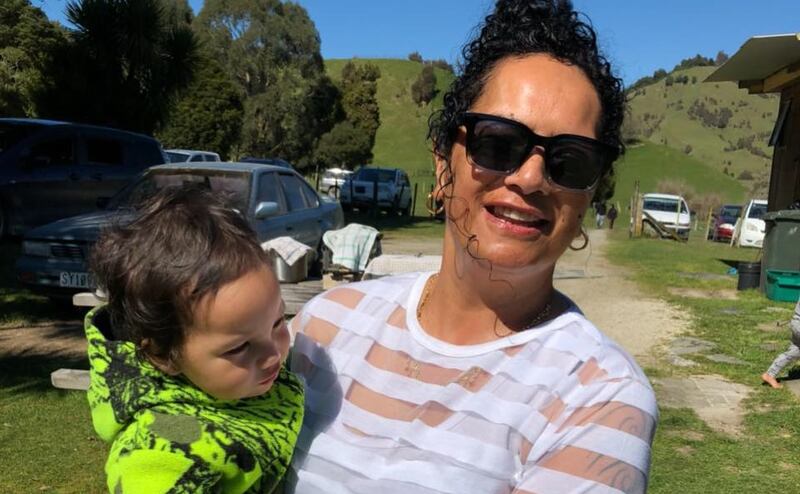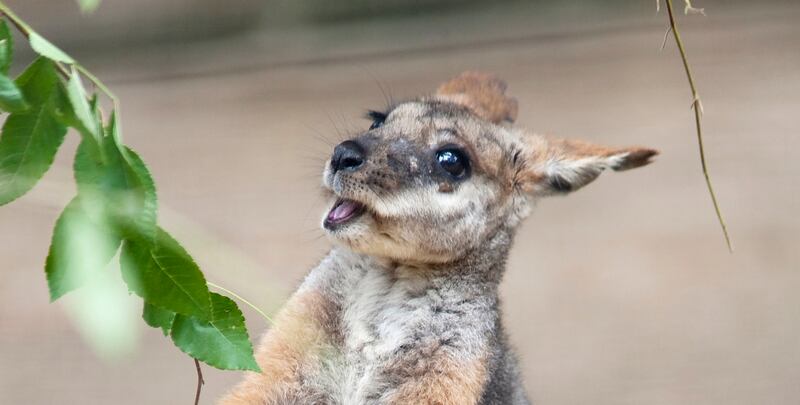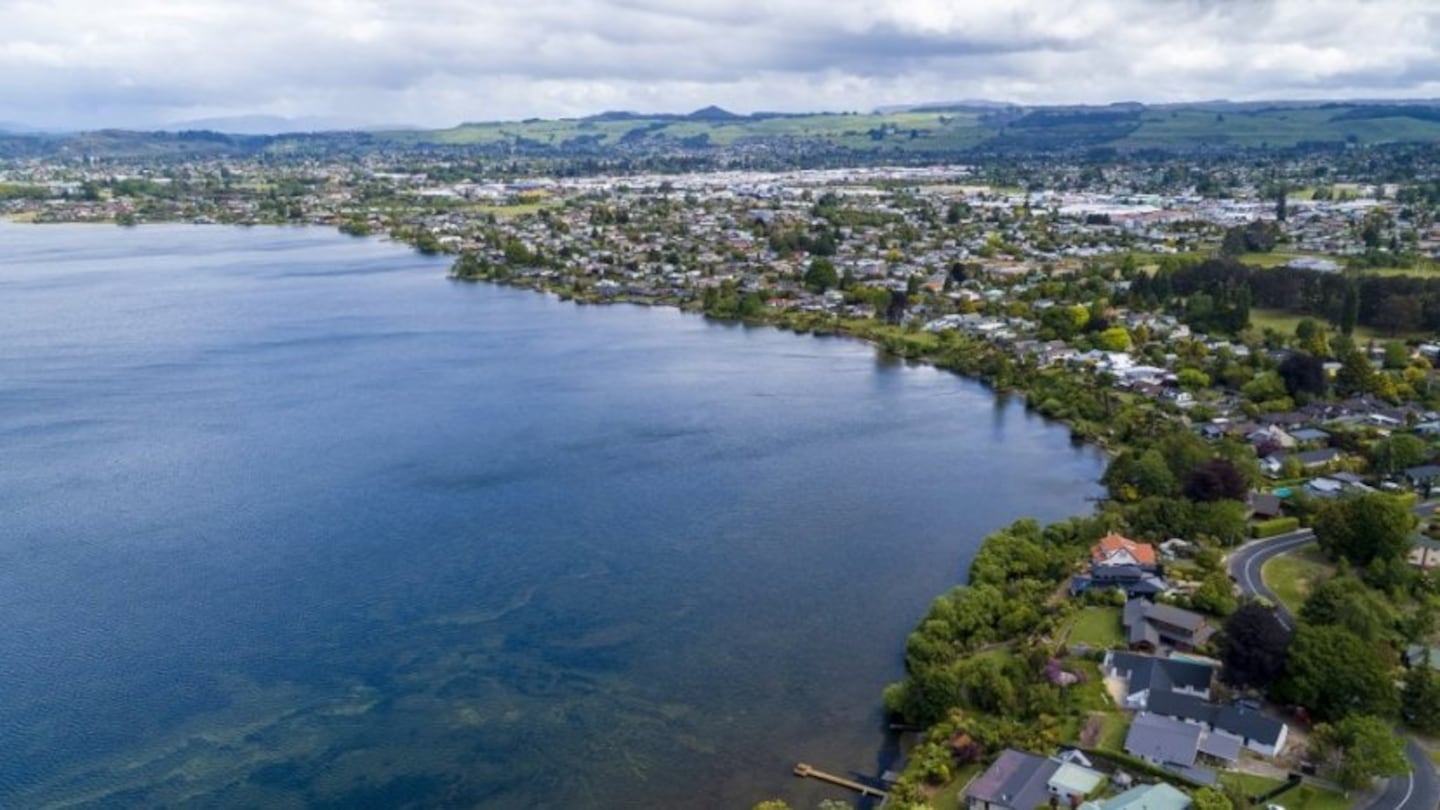Wena (Tait) Kingi is a legend of Māori broadcasting. A former reporter, presenter and executive with decades of experience in the industry.
Now she is getting involved in looking after the environment in her home region of the Bay of Plenty, becoming Kaitohu Matua Treaty Partner Relationship Rotorua District for the Department of Conservation.
"My heart will always be in Māori language broadcasting but the reason I chose to pursue this mahi is to gain other skills."

A big job ahead
Kingi, who is of Tūhoe and Te Arawa descent, will spearhead relations between the government department and local iwi which include Ngāti Awa, Te Arawa and also Ngāi Tūhoe. It's a relationship that hasn't always been the best.
"We, if we want to have a better and brighter future where the two different sides meet, then the Department of Conservation needs to win the hearts and minds of iwi."
"It's within the heart of the individual but, let it be known, we must keep the promises that have been given to iwi."
Eradication of an Aussie pest

One major environmental issue in the Bay of Plenty is the planned eradication of the Dama and Bennet's Wallaby in Te Arawa.
Wallabies were introduced to New Zealand in the late 1800s, mainly for sport and the value of their skin. They have become a significant farm pest and damage native plants. Left unchecked, wallabies could spread across one-third of New Zealand over the next 50 years.
Kingi says it is a massive challenge for both her, the department and local iwi.
What the future holds
One of the main goals for Kingi is looking at the bigger picture, where Māori have a greater say in how the environment is looked after. Her vision is similar to that of Te Pūao Te Atatū: The report of the ministerial advisory committee on a Māori perspective for the Department of Social Welfare, written in 1988 by people such as John Rangihau.
"What was envisioned in Te Pūao Te Atatū is what I would like to see here, where discussions and the relationships that stem from that are paramount."

